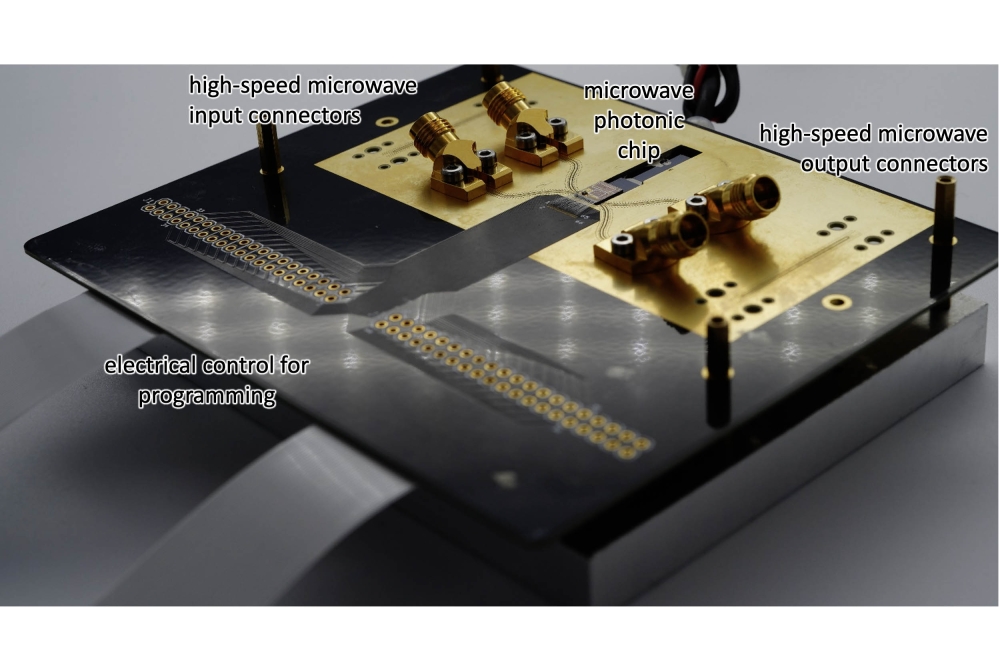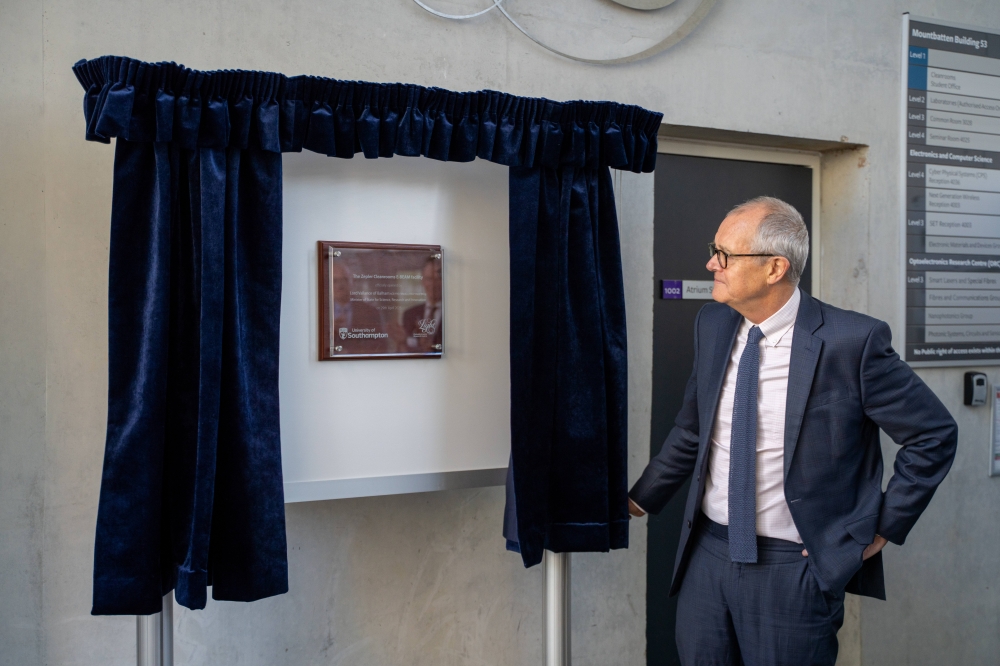Oriole announces full-photonic network for AI

The start-up says its PRISM solution resolves bottlenecks limiting the growth of AI training and inference by eliminating all electrical packet switches and all associated hardware from the network
Oriole Networks, a London-based photonic systems start-up, has announced its PRISM (Photonic Routing Infrastructure for Scalable Models) solution, a full-stack, all-optical fabric designed to connect xPUs at scale with speed and simplicity. The company describes PRISM as the world’s first pure photonic switched network designed for datacentres, high-performance computing, and distributed deep learning workloads.
In today’s AI training and inference systems, it’s not the compute hardware slowing things down – it’s the memory and the network. Despite huge leaps in computing power, real-world performance often hits a wall, with only a small percentage of peak performance achieved due to network bottlenecks.
PRISM aims to address network bottlenecks with higher throughput, lower and deterministic latency, and reduced completion time and power consumption. Oriole says the architecture integrates the physical network, AI communication models, and scheduling logic, eliminating network bottlenecks and ensuring maximum performance with minimal overhead.
According to Oriole, PRISM is a full-stack solution that includes an integrated photonic switch and transceiver that handles wavelength and route selection on the fly, enabling connectivity to as many as one million nodes from a single interface. The company says its solution also incorporates a high-performance network interface card that provides 800G of bandwidth in a compact form factor, a passive modular optical router that operates without power, and a software stack that includes xCCL plugins and PCIe drivers that integrate seamlessly with the PRISM network stack.
Describing PRISM’s key features, Oriole says it combines nanosecond-level switching and network control across time, wavelength, and space to enable rapid circuit configuration. This is intended to allow quick bursts of optical data transfer, functioning efficiently for large and small data transfers.
The company says its solution also offers true all-to-all connectivity, and low power consumption and low temperature, due to its network core having entirely passive interconnects and switches.
Additionally, Oriole has designed PRISM to have no single point of failure, to make it resilient and reliable, and to handle systems with up to one million endpoints with a 1-hop diameter, enabling support for increasingly complex and distributed workloads.
The company emphasises that it has designed the solution with AI workloads in mind, harnessing purpose-built algorithms for collective communication strategies tailored for optical circuit switched networks, enabling schedule-less, contention-free data transfers. By completing these operations in just a few steps, even at maximum scale, the network aims to dramatically reduce latency and keep GPUs fed without stalling on communication.

































